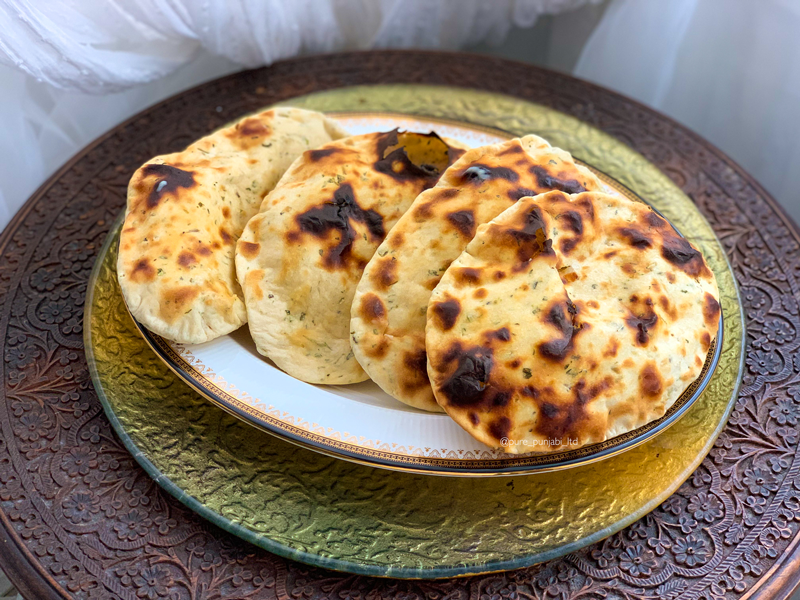
About Diwali…
Diwali celebrates the Hindu New Year and is the largest and most famous holiday celebrated in India. The word ‘Diwali’ means ‘row of lights’.
It is known as the ‘festival of lights’ because the light of the candles banish evil and welcome wealth and prosperity, and this is why light is so important in celebrating Diwali.
Why do Sikhs celebrate Diwali?
Sikhs celebrate Diwali because the 6th guru, Guru Hargobind and 52 princes with him were released from prison on the same day. He had 52 tassels on his cloak and so the 52 princes held on to those tassels as he walked free from prison. This was celebrated by lighting the Golden temple, which is still done to this day.
Why do Jains celebrate Diwali?
Jains celebrate Diwali because it is when they attainted their last tirthankar Lord Mahariva. A tirthankar is a leader of the Jain religion.




















Reviews
There are no reviews yet.